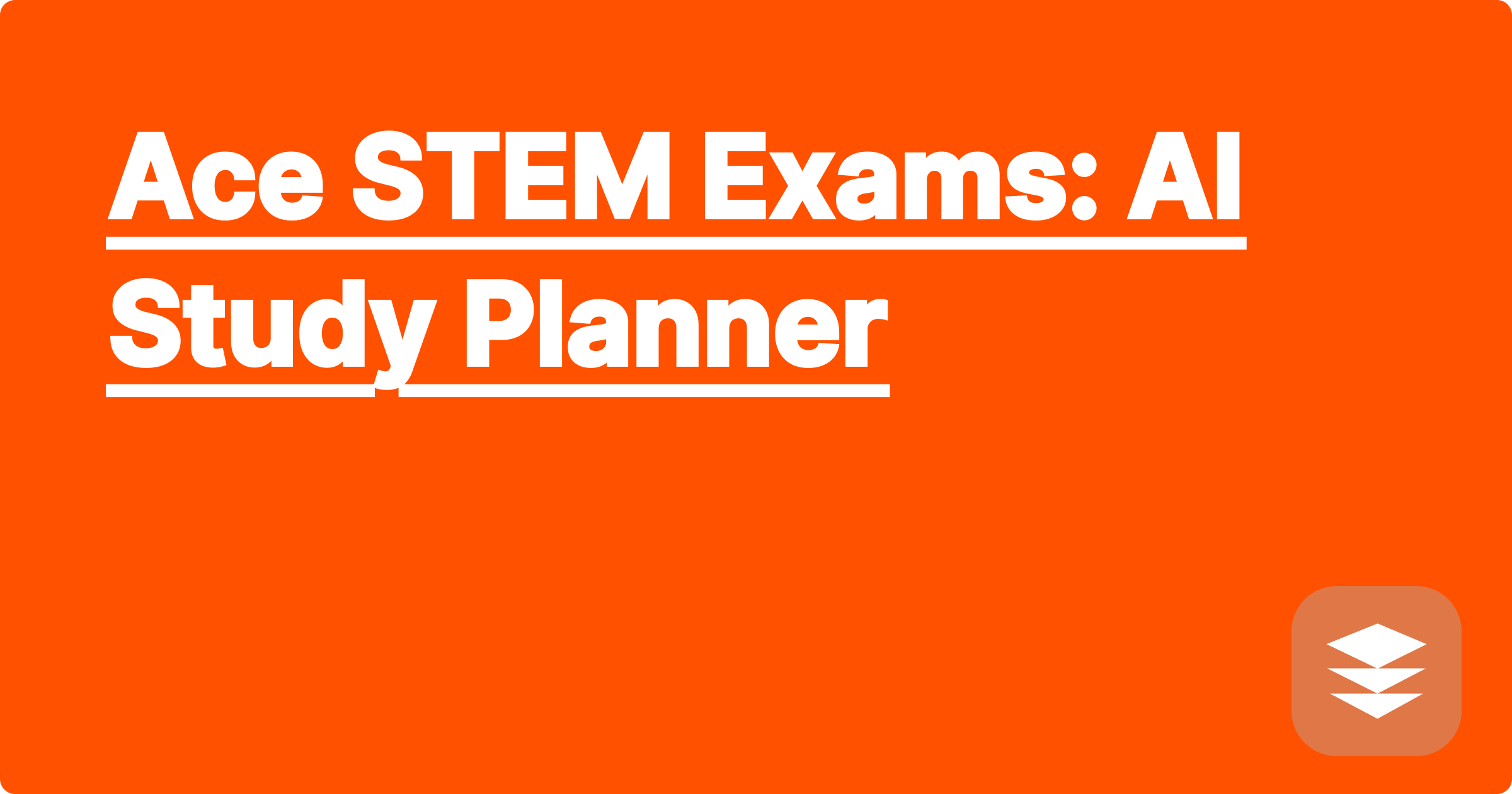
The demanding nature of STEM education presents a significant challenge for students and researchers. Balancing complex coursework, extensive research projects, and rigorous exams requires effective time management and targeted study strategies. Artificial intelligence offers a powerful solution to these challenges, providing personalized learning experiences and optimized study plans. AI-powered study planners can analyze vast amounts of information, identify knowledge gaps, and create customized study paths, enabling STEM students and researchers to achieve academic excellence.
This innovative approach to learning is crucial for success in the rapidly evolving STEM fields. As the volume of scientific knowledge expands exponentially, traditional study methods often prove inadequate. AI-powered tools can help students and researchers stay ahead of the curve by providing access to the latest information, identifying relevant research papers, and generating personalized practice questions. By leveraging the power of AI, STEM learners can enhance their understanding, improve their problem-solving skills, and ultimately contribute to groundbreaking discoveries.
STEM subjects are inherently complex, requiring a deep understanding of fundamental concepts and the ability to apply them to solve intricate problems. Students often struggle with the sheer volume of information they need to absorb, leading to inefficient study habits and suboptimal exam performance. Traditional study methods, such as passively reading textbooks and attending lectures, often fail to address individual learning needs and may not effectively target specific areas of weakness. This can result in frustration, decreased motivation, and ultimately, a lack of academic success. Furthermore, the rapid pace of advancements in STEM fields necessitates continuous learning and adaptation, adding another layer of complexity to the learning process. Researchers face similar challenges, needing to stay abreast of the latest publications, analyze vast datasets, and synthesize information from diverse sources. Without effective tools and strategies, managing this information overload can become overwhelming.
Artificial intelligence offers a transformative approach to STEM education and research. AI-powered study planners can analyze a student's learning style, identify knowledge gaps, and create personalized study plans that optimize learning outcomes. Platforms like ChatGPT, Claude, and Wolfram Alpha can be integrated into the study process to provide on-demand tutoring, answer complex questions, and generate practice problems. These tools can also assist researchers by summarizing research papers, identifying relevant datasets, and even generating code snippets for data analysis. By leveraging the power of AI, students and researchers can streamline their workflow, enhance their understanding, and achieve greater productivity.
Begin by identifying your specific learning objectives and the areas where you need the most support. This might involve reviewing the syllabus for an upcoming exam or outlining the key concepts you need to master for a research project. Next, choose an AI-powered study planner or learning platform that aligns with your needs. Platforms like Khan Academy, Quizlet, and Anki can be integrated with AI tools like ChatGPT or Wolfram Alpha to create a comprehensive learning environment. Input your learning objectives and any relevant course materials, such as lecture notes or textbook chapters. The AI will then analyze this information and generate a personalized study plan, including targeted practice questions, interactive exercises, and relevant resources. As you progress through the study plan, the AI will continuously monitor your performance and adjust the difficulty level and content accordingly. This adaptive learning approach ensures that you are always challenged and that your study efforts are focused on the areas where you need the most improvement.
Suppose you are preparing for a calculus exam and struggling with the concept of derivatives. You can use Wolfram Alpha to generate examples of derivative problems, explore different solution methods, and visualize the concepts graphically. For instance, you could input "derivative of x^3 + 2x^2 - 5x + 1" and Wolfram Alpha will provide the derivative, step-by-step solutions, and a graphical representation of the function and its derivative. Similarly, if you are researching the applications of machine learning in medical imaging, you can use ChatGPT to summarize recent research papers, identify key researchers in the field, and even generate code snippets for image analysis using Python libraries like TensorFlow or PyTorch. For example, you could ask ChatGPT to "summarize the latest research on using deep learning for cancer detection in medical images," and it will provide a concise overview of the current state of the art.
To maximize the benefits of AI-powered study tools, it's crucial to develop effective learning strategies. Start by setting realistic goals and breaking down complex tasks into smaller, manageable chunks. Regularly review your progress and adjust your study plan as needed. Actively engage with the material by asking questions, seeking clarification, and applying the concepts to real-world problems. Don't be afraid to experiment with different AI tools and platforms to find the ones that best suit your learning style. Collaborate with classmates and professors, and seek feedback on your understanding. Finally, remember that AI is a tool to augment your learning, not replace it. It's essential to develop a strong foundation in fundamental concepts and critical thinking skills.
To conclude, leveraging AI in STEM education and research can significantly enhance learning outcomes and accelerate scientific discovery. By embracing these powerful tools and adopting effective learning strategies, students and researchers can unlock their full potential and contribute to the advancement of knowledge. Start exploring the various AI-powered learning platforms and tools available, and begin integrating them into your study and research workflow. The future of STEM learning is here, and it's powered by AI.
Ace STEM Exams: AI Study Planner
AI for Lab: Data Analysis Made Easy
Master STEM: AI-Powered Flashcards
Coding Help: AI Debugging Assistant
AI in Engineering: Simulation Power
Exam Prep: AI Practice Questions
Math Solver AI: Get Unstuck Now!